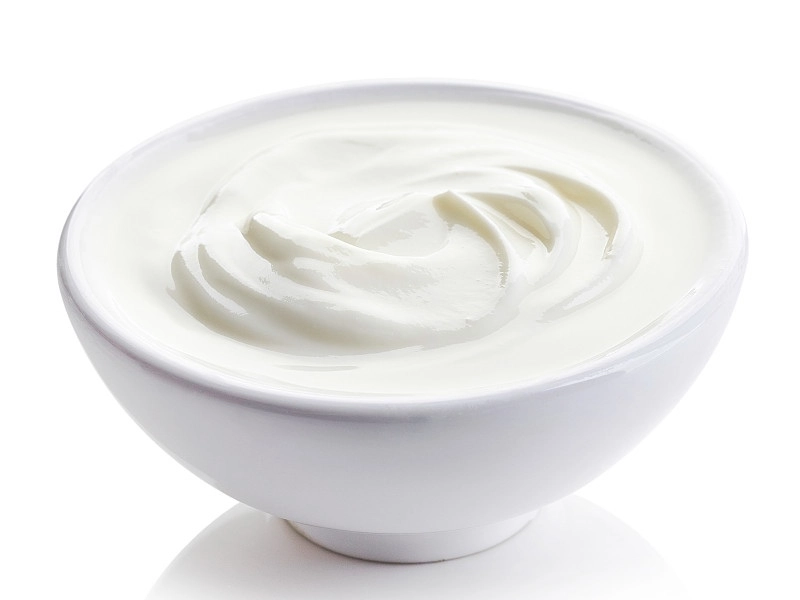Forget 8 Glasses: The New Rule for Staying Hydrated
Advertisement
7. The Impact of Diet on Hydration: Foods That Help You Stay Hydrated

Advertisement
Although drinking fluids is the most straightforward approach to remain hydrated, our whole hydration level depends much on the meals we eat. Many foods can help us meet our daily fluid intake and include notable water content. Knowing which foods will assist us stay hydrated will enable us to approach preserving appropriate fluid balance holistically.
Among the better foods for hydration are fruits. For example, watermelon has vital electrolytes including potassium and magnesium in addition to roughly 92% water. Among the other hydrating fruits are strawberries (91% water), cantaloupe (90%), peaches (88%), and oranges (87%). Along with hydration, these fruits have important minerals, vitamins, and antioxidants.
Still another great source of hydration are vegetables. At 96% water content, cucumbers lead followed closely by lettuce (95%), zucchini (94%), and tomatoes (94%). Good hydrators are celery, radishes, and bell peppers as well. Including several of these water-rich veggies in your diet will help greatly increase your daily fluid intake.
Especially helpful in colder months when you might not feel as motivated to drink cold water, soups and broths are highly hydrating foods. Often include electrolytes from the vegetables and seasonings used, clear soups can be up to 92% water.
Surprisingly excellent sources of hydration are yoghurt and other dairy products. Greek yoghurt, for instance, offers probiotics and protein in addition to around 80% water. About 87% water, milk provides vital minerals including calcium and vitamin D.
One hydrated breakfast choice is oatmeal made with water or milk. It's a good supply of both hydration and steady energy since it absorbs the liquid it cooks in.
Though not water-rich themselves, chia seeds may absorb up to 10 times their weight in water. Added to foods or drinks, they can help you retain fluids longer, therefore encouraging improved hydration.
Although these foods can help to hydrate you, they shouldn't totally replace water and other fluids. Rather, they should be considered as part of a well-balanced strategy to hydration including sources of food and beverages.
Including these hydrating items into your diet will help your body meet its fluid needs in a tasty and healthy manner. Those who find it difficult to drink enough water throughout the day or for anyone wishing to improve their whole hydration strategy may find this food-based approach particularly helpful.
Advertisement
You May Like

